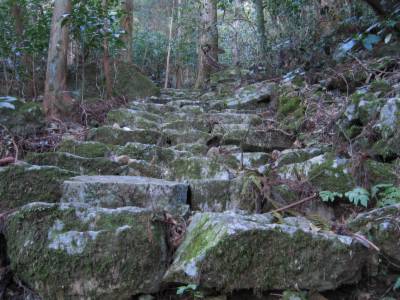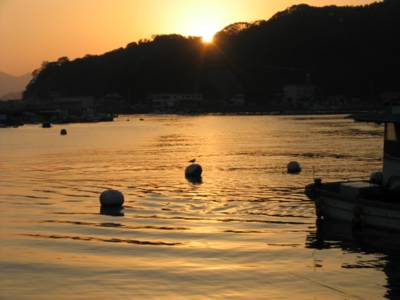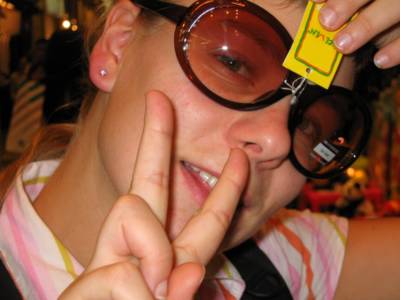I finished classes yesterday. The past four months, especially December, have been really good. I owe a lot to the students. The intensity of their world has a way of making my world seem somehow less real and more exciting. Theirs is a world of action and adventure with stories and words that make sense. I find that kind of honesty refreshing.
For example, the grade eight kids at Minami who stood up at the end of the last class of a long day and sang "We Wish You a Merry Christmas." I wasn't expecting that sort of thing at all. I kind of got all bunched up inside. The teacher told me afterward that it had been their idea, a thank-you from them to me. I don't think I told them this, but that was when Christmas started for me this year.
Or, the grade two kids at Kamibun who gave me handmade Christmas cards. The messages scrawled inside were, "Thanks for teaching us English," or "I had fun with Mr. Jon." Things like that. That put a smile on face, too.
Then there's the cool new game at Awa elementary school. About a month ago I was having fun booting this soccer ball up as high as it would go. Then the kids would run around with out-held arms, trying their best to catch it without getting whomped in the head. When I returned for my next visit the kids all came up to me asking for the Jon Super Kick. That's pretty cool, right?
I suppose what these little events have in common is that they were moments when the kids could get beyond what they didn't know and find a way to communicate in a way that they do know. I like to think that if there's anything I've been teaching in the past year and a half, then it's that you don't need to know the present progressive of a verb to say what's on your mind. Usually, what needs to be said can be done better with a gesture, a song or a smile.
In a way, that's what Christmas is about: showing as opposed to telling. When people want to show they care, they'll volunteer some time over the holidays, get dressed up in Santa outfit for the kids, or spend three days in the kitchen preparing a turkey. Maybe that's what makes it such a special time of year: people stop all their talking and start actually living, one of the few times of the year when adults get a chance to live with the intensity of children.
Merry Christmas everyone. Talk to you soon.







